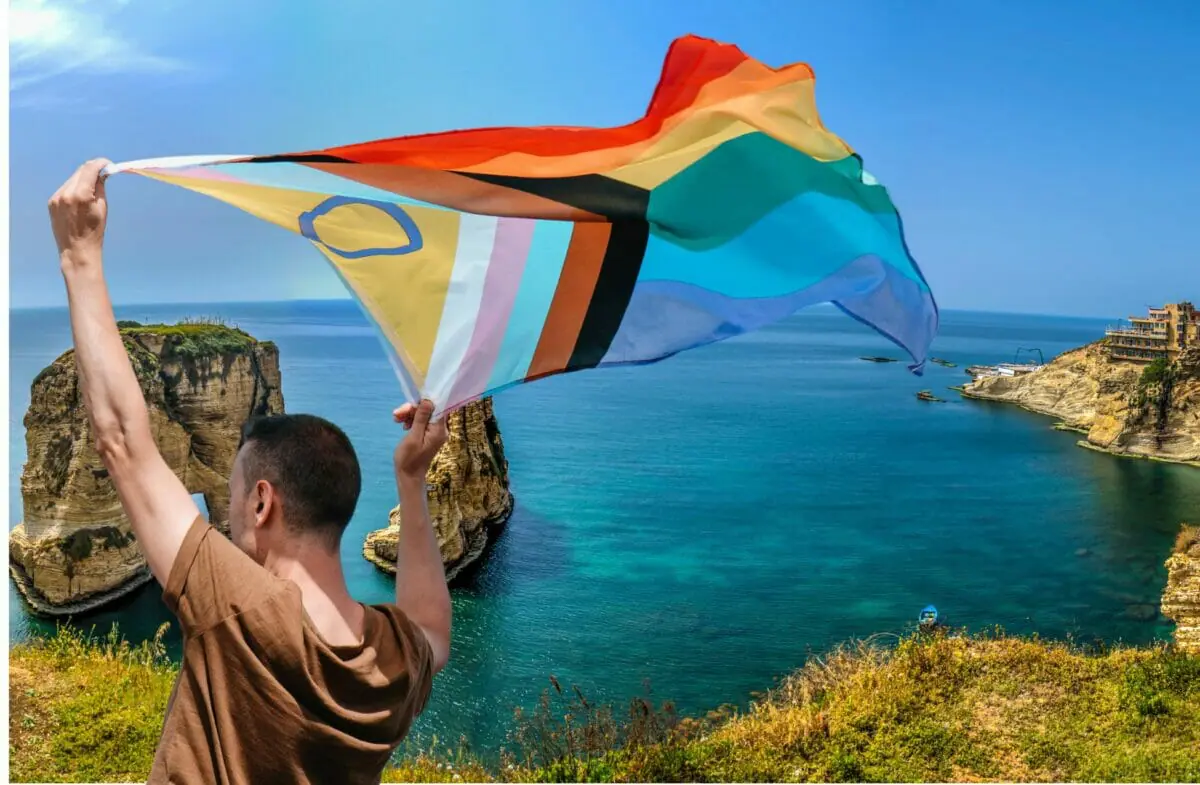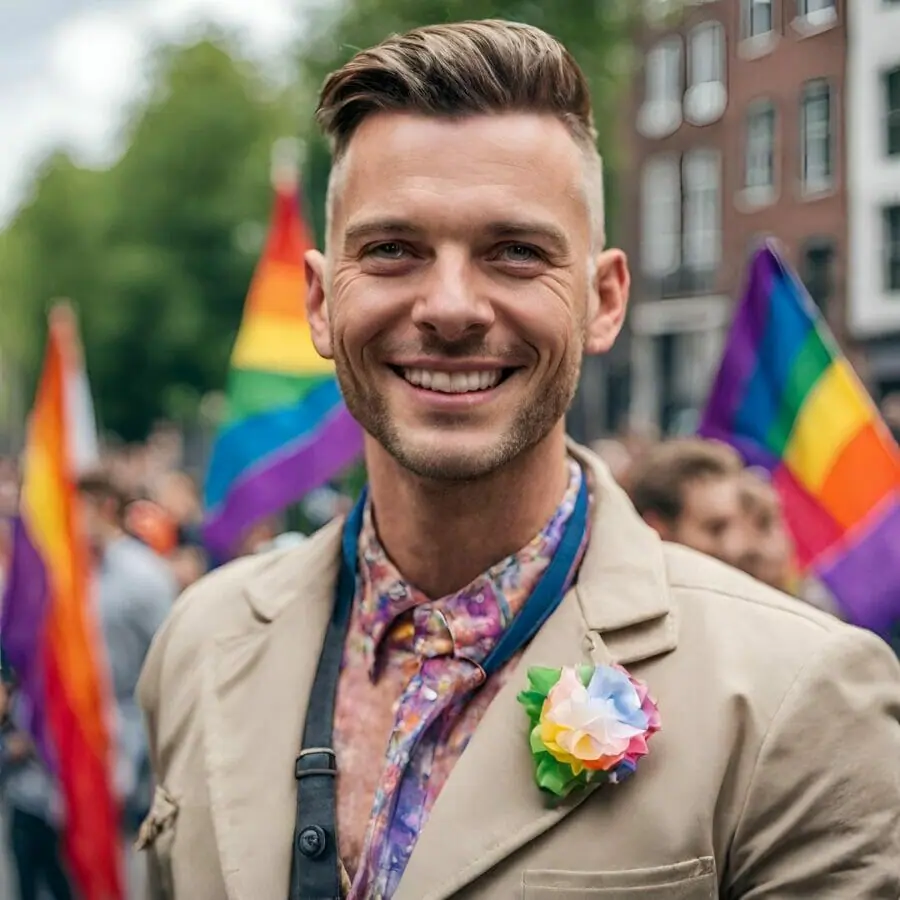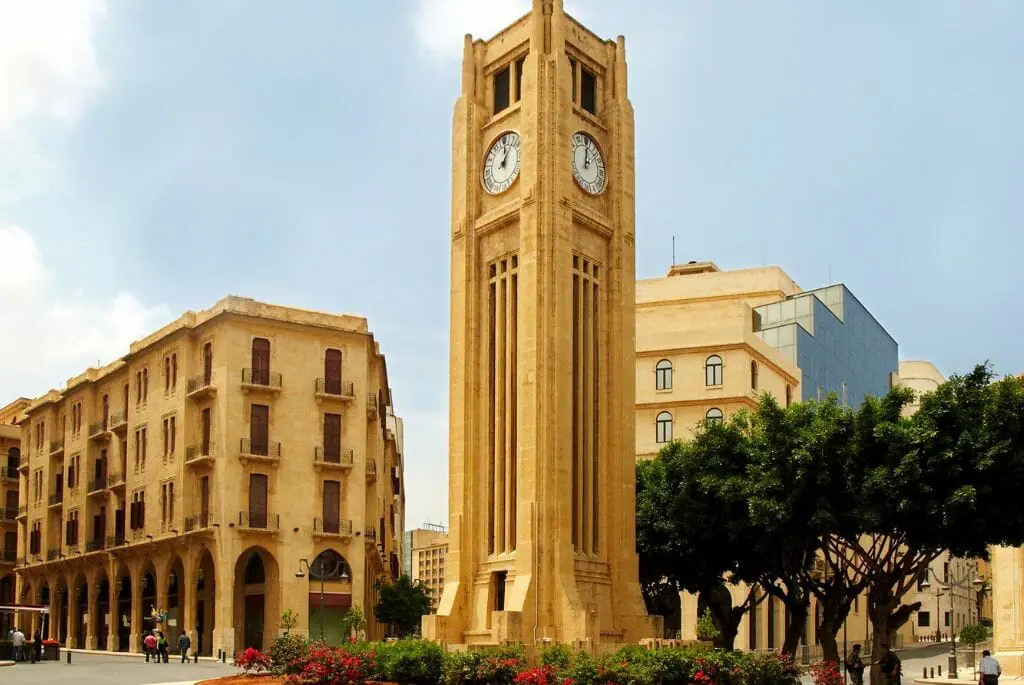Journey with me, intrepid travelers, as we uncover the enigmatic layers of Gay Lebanon, an intricate blend of vibrant nightlife, rich history, and the challenging yet deeply moving experiences of its queer residents. Tucked along the Eastern Mediterranean, Lebanon is renowned for its spectacular landscapes, mouthwatering cuisine, and a history that stretches back millennia.
From the ancient ruins of Byblos to the cosmopolitan beat of Beirut, the country promises a sensory overload for travelers seeking both adventure and connection.
But for those of us adorned with the colors of the rainbow, Gay Lebanon presents a juxtaposition. While it might seem more progressive than many of its neighbors, Lebanon still grapples with a prevailing conservatism influenced by its mosaic of religious sects.
Homosexuality, while not explicitly mentioned in the Lebanese Penal Code, can be prosecuted under Article 534, which condemns “sexual intercourse contrary to nature” with a possible prison sentence.
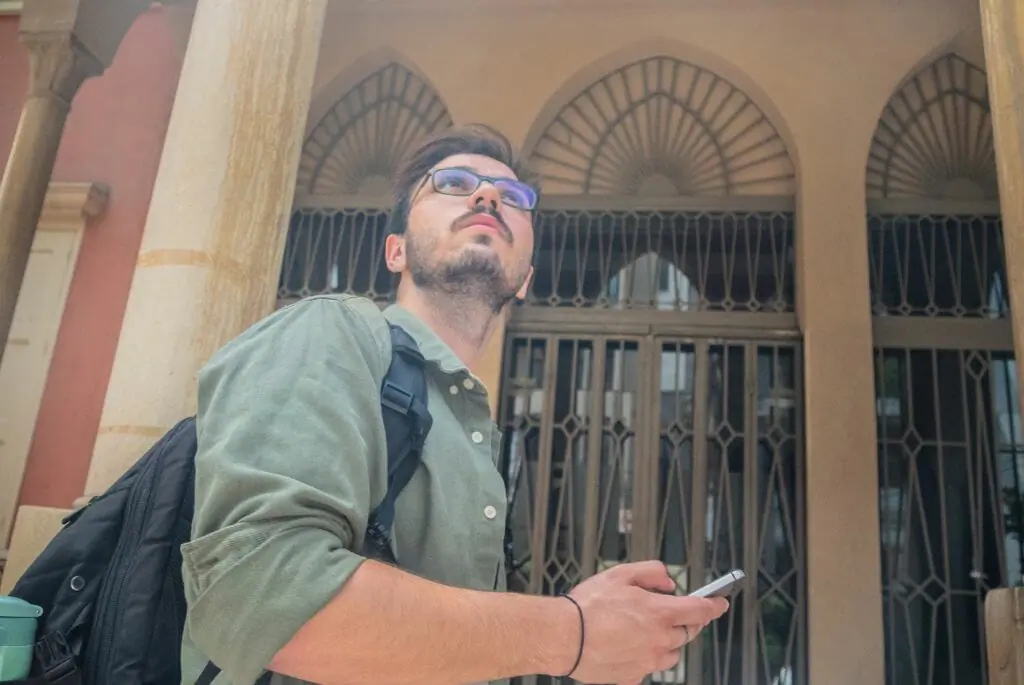
Although enforcement is sporadic, it has been used to target and harass LGBTQ+ individuals. The climate for queer Lebanese citizens varies: some find pockets of acceptance, while others face familial rejection, workplace discrimination, or worse.
Yet, the soul of Gay Lebanon beats strong in underground venues, secret parties, and through the resilient work of LGBTQ+ organizations fighting for rights and visibility. Beirut, the nation’s capital, is often hailed as the “Paris of the Middle East” and has a burgeoning nightlife scene, with a few discreet gay bars and clubs where like-minded souls converge, share stories, and celebrate their identity. It’s a testament to the indomitable spirit of the Lebanese LGBTQ+ community, who, despite challenges, thrive and create spaces of joy and solidarity.
However, dear LGBTQ+ nomads, while we champion the ethos that love and identity shouldn’t limit one’s horizons, safety must come first. Though traveling fosters invaluable cultural exchange, and our very presence can be a quiet form of advocacy, it’s essential to navigate Gay Lebanon with caution.
If you’re someone who’s uncomfortable masking facets of your identity or tempering behaviors, it might be best to reconsider or delay your Lebanese sojourn. But for those who choose to tread this path, arm yourself with knowledge, be discreet, and let the profound beauty of Lebanon touch your heart.
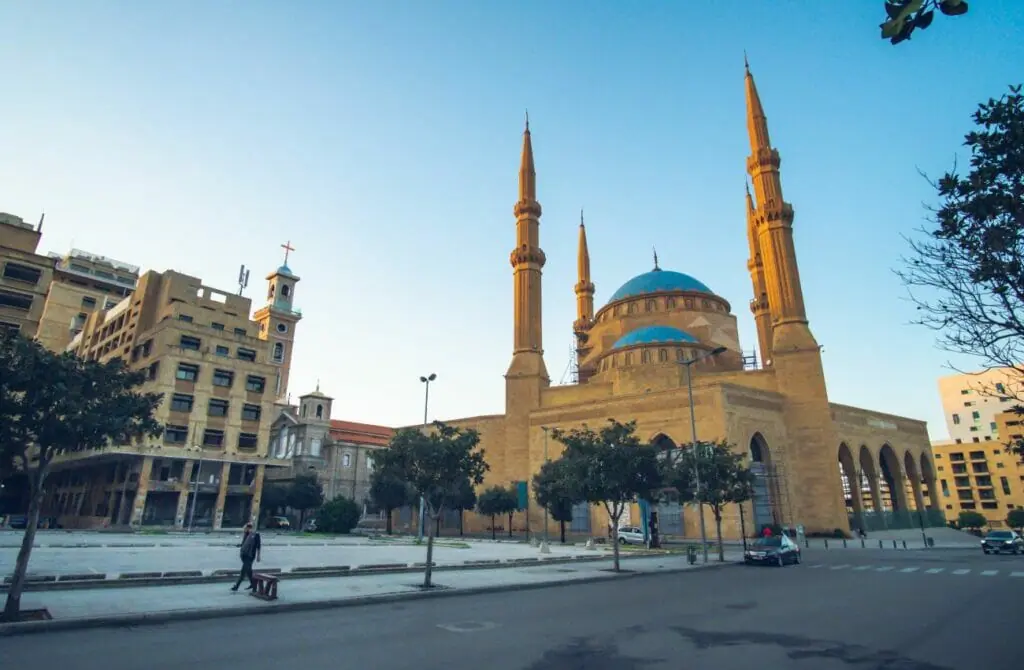

History Of LGBT Rights In Lebanon
The journey for LGBT rights in Lebanon has been challenging and full of ups and downs. Despite the country being relatively progressive in the region, the LGBT community still faces hurdles in achieving true equality and legal protection.
Article 534 of the Lebanese Penal Code has historically been an obstacle for the LGBT community, as it prohibits sexual relations “contradicting the laws of nature”. This vague description has allowed for the occasional arrests and harassment of LGBT individuals. However, enforcement of this law remains inconsistent and varies.
Over the years, LGBT rights activists have persistently worked to change hearts and minds in the country. The nation’s first LGBT advocacy group, Helem, was established in 2001, followed by the launch of other organizations that focus on providing support and raising awareness regarding the rights of LGBT individuals. These organizations often hold events and activities on the International Day Against Homophobia, Transphobia, and Biphobia (IDAHOTB) to promote visibility, inclusion, and acceptance.
The situation in Lebanon differs for tourists and local LGBT individuals. While tourists may experience more freedom when compared to locals, it is important for both groups to remain cautious, as the legal situation is not entirely reassuring, and bad actors may still pose threats in various scenarios.
To ensure their safety, LGBT individuals should always be aware of the legal status of their rights in Lebanon and seek advice from reliable sources, like local advocacy groups, especially before traveling. Navigating the ever-changing landscape of LGBT rights requires vigilance and up-to-date information, as laws, societal opinions, and policies can shift at any time.
In summary, while progress has been made, there is still work to be done in Lebanon to fully embrace the rights of the LGBT community. Nonetheless, the perseverance and bravery of advocates and organizations in the country continue to push for a more inclusive society, creating an atmosphere of hope and excitement for the future of LGBT rights in Lebanon.
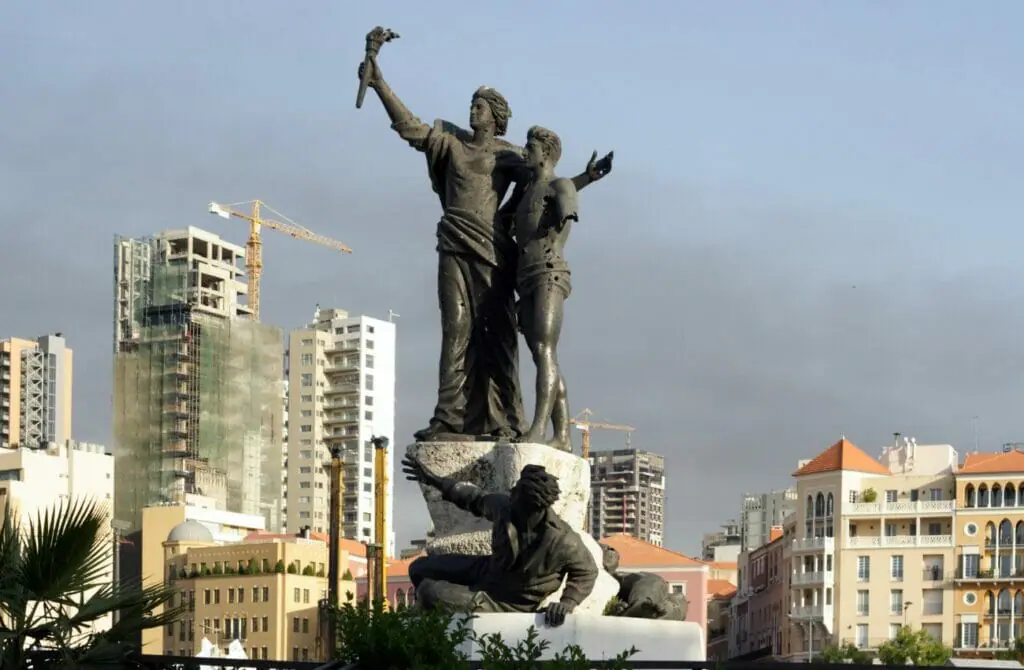
The LGBT Legal Situation In Lebanon
While Lebanon has made progress regarding LGBT rights, there is still work to be done. Homosexuality has been historically deemed illegal under Article 534 of the Lebanese Penal Code, forbidding sexual relations “contradicting the laws of nature” and punishable with up to a year in prison. However, law enforcement has often been inconsistent, with occasional police arrests taking place.
For local citizens, the situation may feel uncertain, as peaceful gatherings by LGBT individuals have been unlawfully banned. With a recent district court of appeal ruling that consensual sex between people of the same sex is not unlawful, this could be seen as a step in the right direction.
Tourists may experience slightly more leniency, although it’s crucial to stay vigilant and be aware of regional laws and attitudes. Always err on the side of caution, and remember that the situation can change rapidly, so it is essential to seek up-to-date information and advice before traveling.
In terms of advocating for change, organizations like Human Rights Watch play a vital role, as well as the Coalition to Defend Freedom of Expression in Lebanon. Keep an eye on their activities to stay informed about the latest developments in LGBT rights.
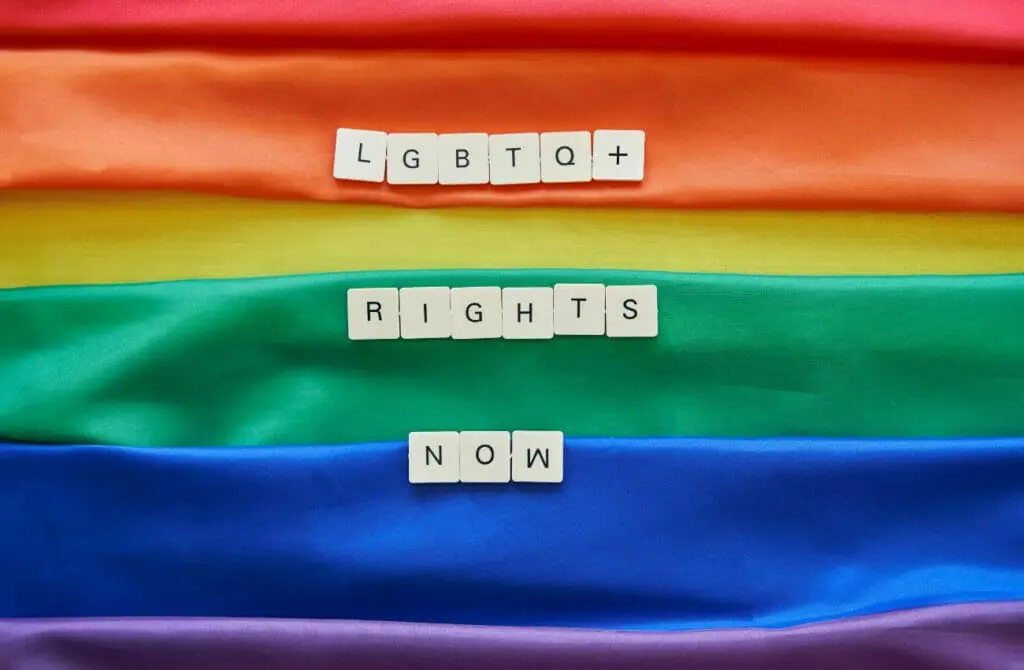
The LGBT Social Situation In Lebanon
Lebanon has historically been one of the more progressive countries in the Middle East when it comes to LGBT rights, with a vibrant LGBTQ community. However, like in many countries, the LGBT community in Lebanon still faces challenges and discrimination.
Local LGBT individuals often face more barriers when it comes to societal acceptance. The Lebanese Psychiatric Society has acknowledged that homosexuality is not a mental disorder and does not need to be treated, but despite this, legal protections for LGBT persons are scarce. In some instances, the government has been known to crack down on LGBTQ events, leading to harassment and intimidation.
On the other hand, visitors to Lebanon might experience a more accepting atmosphere, especially in the lively and diverse city of Beirut. But it is essential for tourists, especially those who identify as LGBT, to remain vigilant and be aware of the cultural context. The situation can change quickly and vary depending on the area, so it’s always a good idea to seek up-to-date information and advice before traveling to Lebanon.
To protect yourself and stay safe, it’s wise to connect with local advocacy groups and global organizations such as Helem, the first and leading LGBTQ rights organization in Lebanon. Staying informed and maintaining a network of resources can enhance your experience in the country while minimizing potential risks.
Remember, situations and cultural attitudes can change rapidly, and information might become outdated. Always consult with local organizations or people you trust for current information on the state of LGBT rights and acceptance in Lebanon. Be cautious, but make sure to enjoy and appreciate the captivating beauty and culture that Lebanon has to offer.
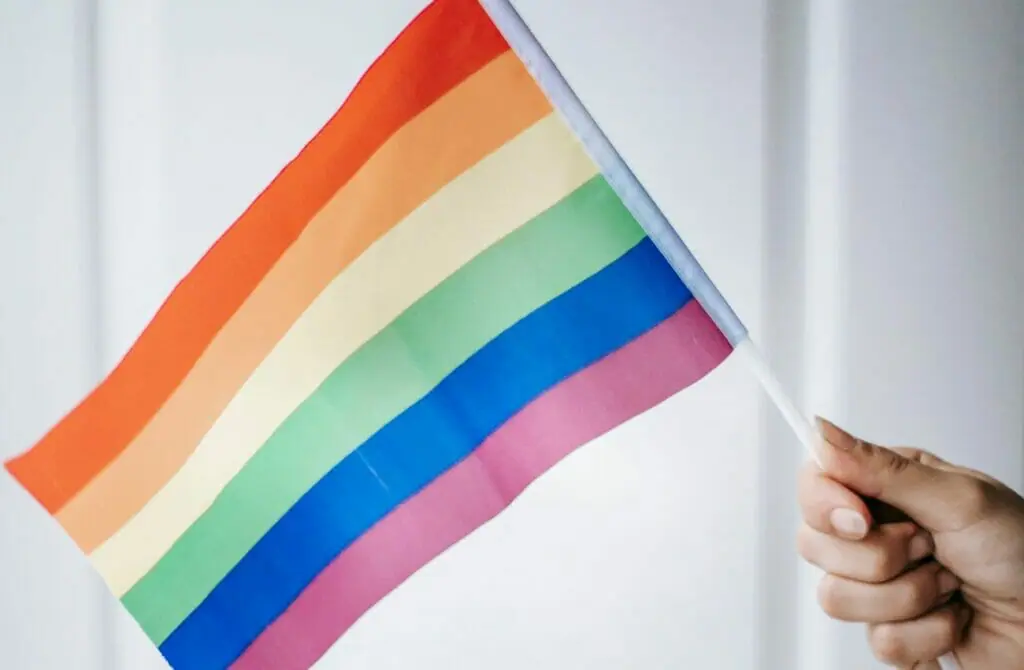
Trans Rights In Lebanon
Lebanon has seen progress in recent years regarding LGBT rights, with transgender individuals gaining visibility and support. However, transgender women continue to face significant challenges, such as systemic violence and discrimination. Local organizations like Helem and MOSAIC work tirelessly to protect and advance the rights of transgender people in Lebanon.
While tourists may not face the same level of discrimination as local LGBT individuals, it is essential to be aware that attitudes towards transgender people can still be conservative, and legal protections are limited. In this context, it’s crucial to exercise caution and maintain vigilance, understanding that situations can change and that there might be bad actors everywhere.
Steps to protect oneself might include researching current attitudes and local laws, seeking advice from reliable sources, and connecting with others through LGBT advocacy groups. Remember that information can quickly become outdated, so it’s crucial to seek current advice before traveling.
Lebanon has a vibrant community of activists and organizations that are passionate about advancing LGBT rights. By staying informed and vigilant and supporting these groups, we can contribute to positive change and increased security for everyone in the country. Stay excited about the progress being made, but always prioritize safety and understand the local context.
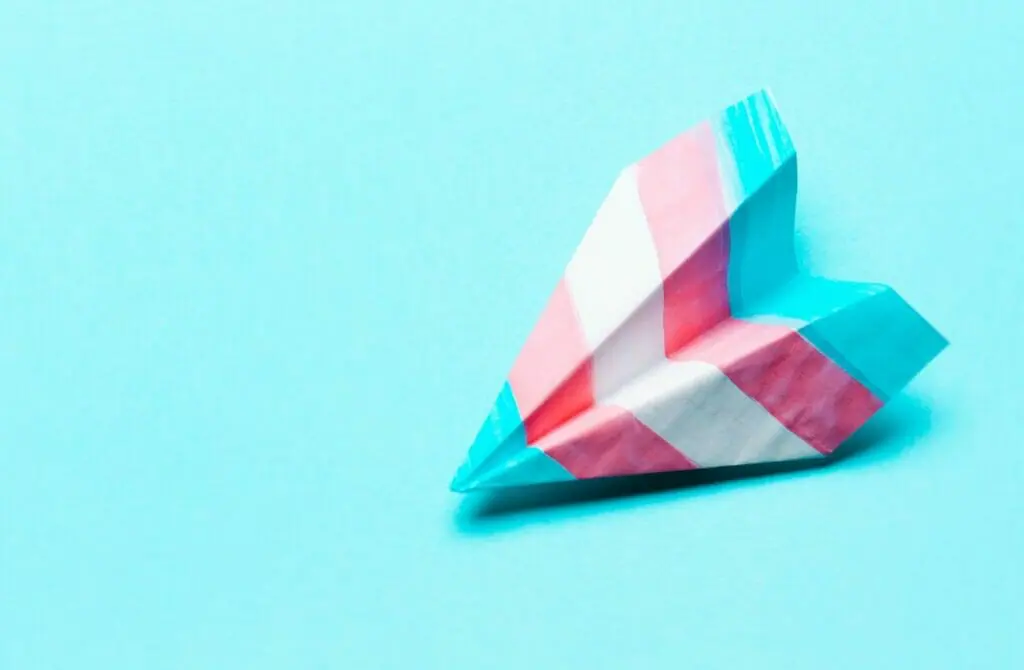

The Future For The Queer Community In Lebanon
The future of LGBT rights in Lebanon shows signs of progress, but challenges still remain. With a vibrant and vocal LGBTQ+ community in the country, there is a growing sense of awareness and acceptance. However, enforcement of Article 534 of the Lebanese Penal Code, which prohibits sexual relations “contradicting the laws of nature,” remains inconsistent and could result in occasional police arrests.
It is important for both local individuals and tourists to exercise caution and remain vigilant, as situations can change quickly, and information may become outdated. Always seek current advice before traveling and familiarize yourself with local laws and customs.
To protect yourself and stay informed, connect with relevant LGBT advocacy groups, such as Helem, which supports LGBTQ+ rights in Lebanon. These groups can provide valuable resources, information, and contacts in the country.
Whether you are a local or a tourist, remember that there are always bad actors in every country, so be cautious and stay aware of your surroundings. The future of LGBT rights in Lebanon is evolving, and it is essential to keep abreast of the latest developments while enjoying the diverse and exciting cultural experiences the country has to offer.
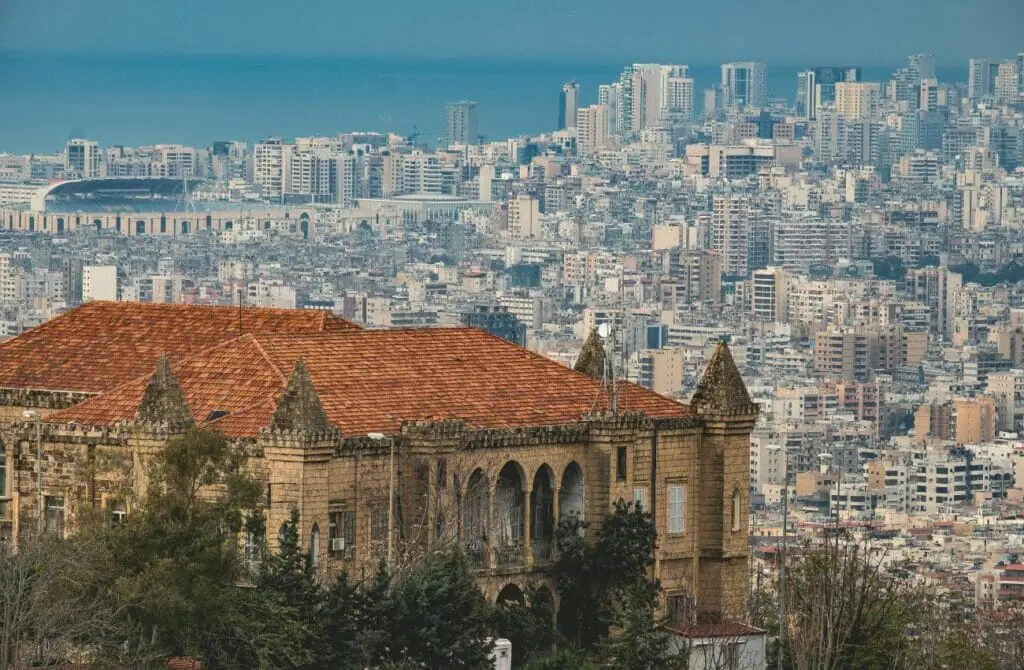
Protect Yourself While Travelling In Gay Lebanon
As an LGBT individual in Lebanon, whether you’re a local or a tourist, it’s important to remain aware of the current legal situation and ensure your safety. Article 534 of the Lebanese Penal Code prohibits sexual relations “contradicting the laws of nature” and is punishable by up to a year in prison. Enforcement of this law can be sporadic, and it usually occurs through occasional police arrests.
To protect yourself, consider the following steps:
- Stay updated on the local laws and LGBT rights situation: Information and situations can change fast, so it’s crucial to seek current advice before traveling or engaging in public displays of affection.
- Be cautious and vigilant: While LGBT rights have made progress in Lebanon, there are still risks. Maintain a low profile, especially if you’re not familiar with the area. Remember that there can be bad actors in every country, so always exercise caution.
- Connect with local LGBT advocacy groups: Helem, the first organization in the region specifically established to defend LGBT rights, is one such group. It has been active for over 22 years and aims to create a safer environment for the LGBT community in Lebanon.
Remember, your safety is of utmost importance, and it’s imperative to stay informed and prepared as a proactive measure. Lebanon’s LGBT community is strong and resilient, so take this opportunity to reach out, forge connections, and navigate the beautiful country with vigilance and care.
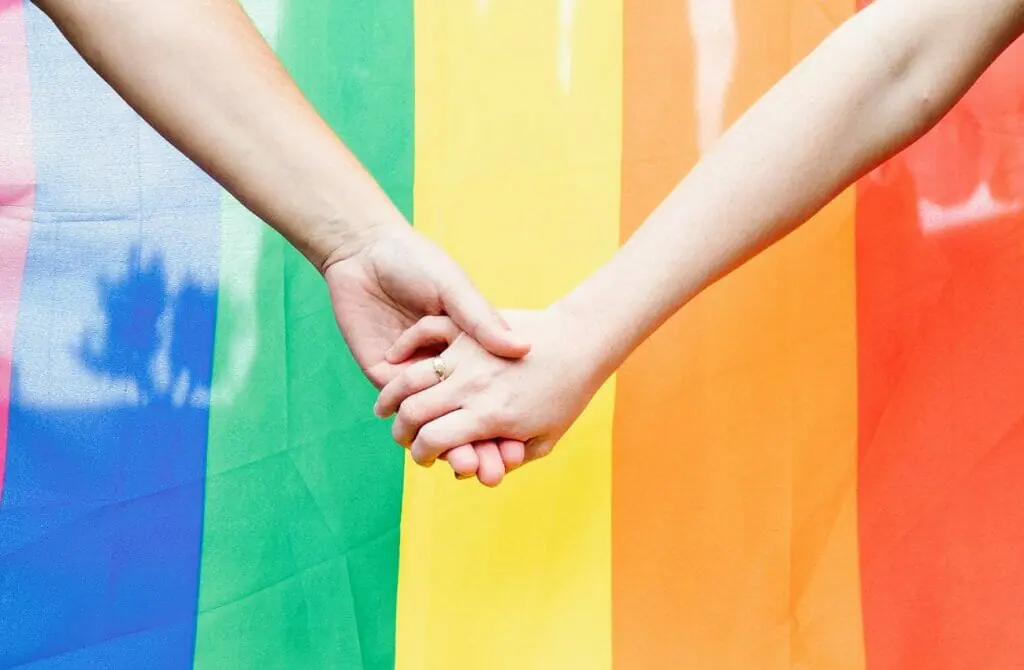

Most Popular Gay Destinations In Lebanon
Ah, the enthralling land of Lebanon! A destination that beckons with its tapestry of history, culture, and natural beauty, Lebanon’s cities each tell a tale as old as time.
As we journey through the most popular travel destinations in Lebanon, we present them in alphabetical order, a nod to the uniqueness of each city without the need to rank their splendor. From the ancient cedar forests of Al Shouf to the bustling markets of Tripoli, every corner of this nation is a testimony to its resilient spirit.
But, intrepid traveler, as we delve into the best gay destinations in Lebanon, an essential caveat awaits. Gay Lebanon is a realm of contrast—while certain locales might resonate as havens for the LGBTQ+ community, it does not inherently translate to them being openly gay-friendly. The country’s rich history and diverse landscape may beckon queer wanderers from around the globe, but it’s crucial to tread with discretion.
Let this guide serve as both an invitation to explore and a gentle reminder of the caution one must exercise. Whether you’re gazing at the Roman ruins in Baalbek or dancing the night away in Beirut, let’s cherish the experiences while prioritizing safety.
Beirut, often dubbed the “Paris of the Middle East,” dazzles as a pulsating heart of culture, nightlife, and a thriving LGBTQ+ scene—making it an irresistibly cosmopolitan gem nestled by the Mediterranean. While it beams with progressive vibes, especially in its vivacious LGBT hangouts, travelers should blend their enthusiasm with discretion, ensuring that the city’s eclectic tapestry is explored safely and fabulously.


